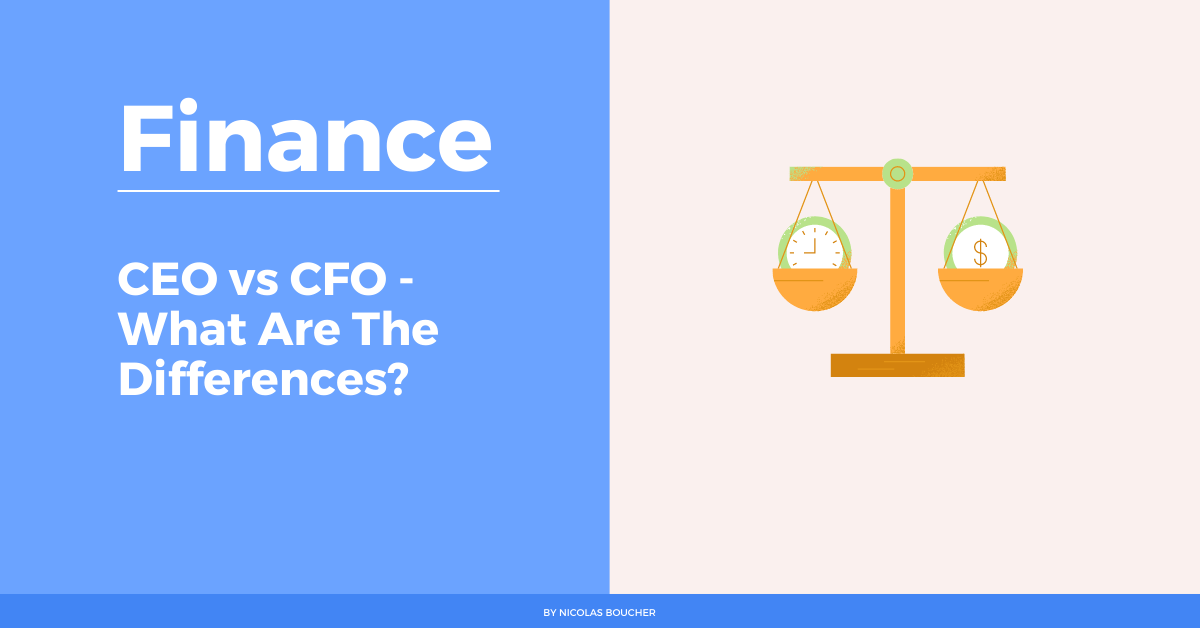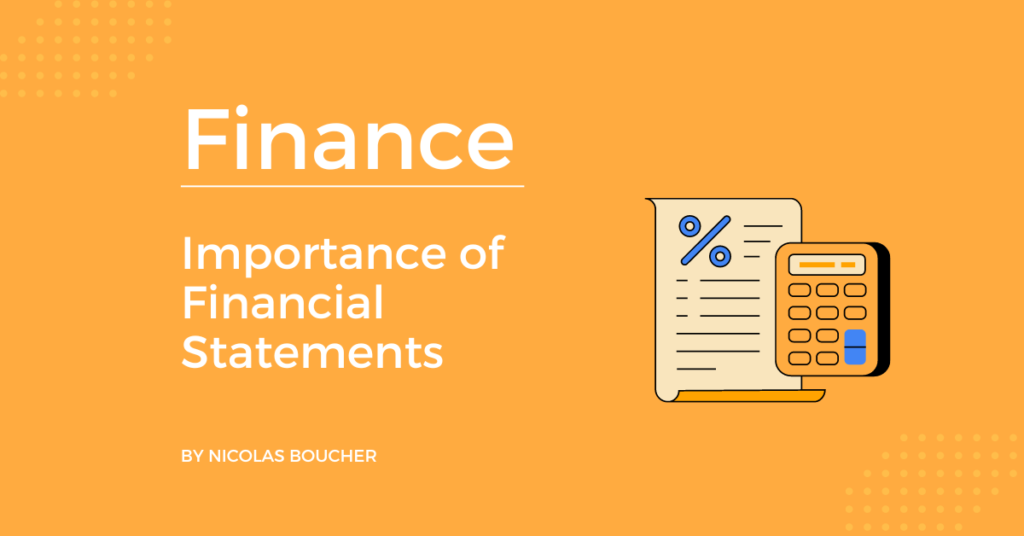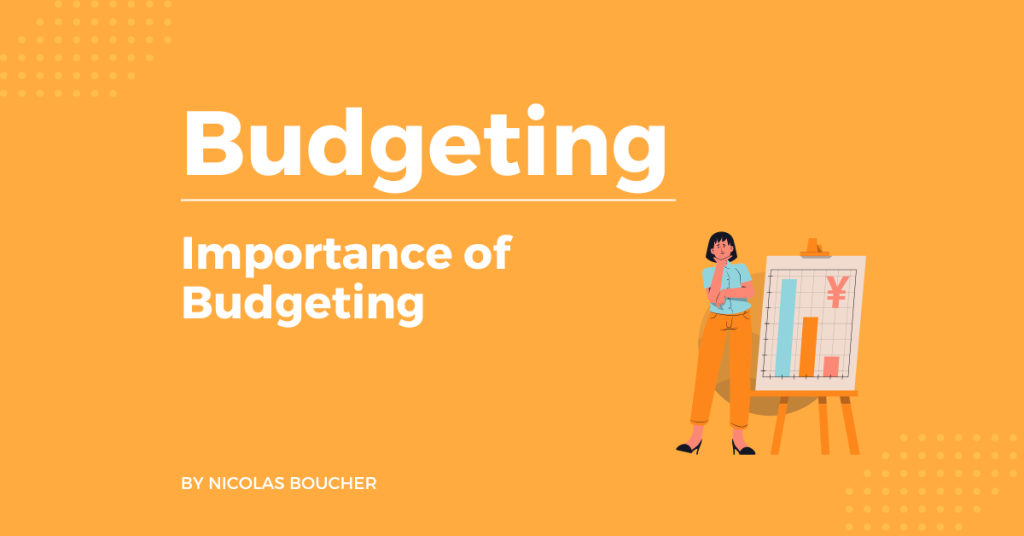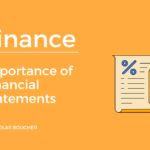Do you have an idea of the differences between a CEO vs CFO?
In every business, there are two crucial leadership roles: the Chief Executive Officer (CEO) and the Chief Financial Officer (CFO). These roles are often conflated, but they have distinct responsibilities and objectives.
In general, the CEO is responsible for the overall strategy and direction of the business, while the CFO focuses on managing the company’s finances and ensuring its financial health.
As a result, here I will make a comparison and discuss the differences between a CEO and a CFO.
Table of Contents
Key Differences of a CEO vs CFO
Here are the key distinctions between a CEO and a CFO role in a company.
- The CEO leads the company, CFO manages the finances.
- CEO drives innovation, CFO ensures stability.
- The CEO represents the company to stakeholders, CFO reports financials.
- CEO establishes partnerships, CFO negotiates contracts.
- The CEO sets corporate values, CFO sets financial benchmarks.
- CEO is the public face, CFO works behind the scenes.
- The CEO leads the board of directors, CFO presents financials to the board.
- CEO deals with crises, CFO manages risk.
- The CEO sets the vision, CFO ensures its financial feasibility.
- CEO develops new markets, CFO optimizes existing ones.
- CEO sets the tone for the culture, CFO establishes financial discipline.
- The CEO drives product development, CFO monitors product profitability.
- The CEO determines investment strategy, CFO manages investment portfolios.
- CEO focuses on client acquisition, CFO focuses on client retention.
- The CEO creates a vision for tools and systems, CFO implements it.
- CEO drives global expansion, CFO manages international finances.
- The CEO sets fundraising goals, CFO manages investor relations.
- CEO sets the company’s risk appetite, CFO implements risk management strategies.
- Also, the CEO develops the brand, and the CFO tracks the performance.
- CEO sets digital transformation goals, CFO ensures technology investments are financially viable.
How CEO and CFO Work Together?
While the CEO and CFO have distinct responsibilities, they work closely together to ensure the success of the company. The CEO relies on the CFO’s financial expertise to make informed decisions about the company’s strategy and direction.
On the other hand, the CFO relies on the CEO to provide the overall direction for the company and to ensure that the company’s financial objectives are aligned with its strategic goals.
The CEO and CFO work together to create the company’s annual budget and to track its progress throughout the year. They also work together to identify and manage financial risks, such as currency fluctuations or changes in the regulatory environment.
In addition, the CFO often works closely with the CEO to evaluate potential acquisitions or other strategic initiatives.
The Bottom Line
To sum up, the CEO and CFO have distinct but complementary roles in the success of a business.
Furthermore, the CEO is responsible for setting the company’s strategic vision and direction, while the CFO is responsible for managing the company’s finances and ensuring its financial health.
However, by working closely together, the CEO and CFO can ensure that the company’s financial objectives are aligned with its strategic goals and that the company remains financially healthy and successful in the long run.
Finally, if you want to advance your career to the next level, your best choice will be to take my course. Why is that and for who is this course made?
- Any finance professional with the motivation to improve their soft and technical skills
- Finance professionals wanting to transition to a role with more analysis, forecasting, and business partnering activities
- Students wanting to learn real-world professional skills directly applicable to your next position in Finance
Because it helped 300s of finance professionals to develop new skills and knowledge and gain an advantage in this extremely competitive industry.
Key Takeaways
- CEOs focus on strategy and leadership, while CFOs manage finances and financial health.
- CEOs drive innovation and partnerships, and CFOs ensure stability and negotiate contracts.
- CEOs set vision and culture, and CFOs establish financial benchmarks and discipline.
- CEOs handle global expansion and brand development, and CFOs manage international finances and investor relations.
- CEOs and CFOs collaborate closely to align financial objectives with strategic goals.
FAQ
1. What’s the difference between a CEO and a CFO?
- CEOs lead a company’s strategy, innovation, and culture, while CFOs manage finances, stability, and financial reporting.
2. How do CEOs and CFOs work together?
- CEOs rely on CFOs’ financial expertise for informed decisions, and CFOs depend on CEOs for strategic direction alignment.
3. What’s the CEO’s role in terms of finance?
- CEOs drive product development, global expansion, innovation, and partnerships.
4. What are CFO’s responsibilities beyond finance?
- CFOs negotiate contracts, manage risk, establish financial benchmarks, and handle investor relations.
5. Why consider the provided course?
- The course is ideal for finance professionals and students aiming to enhance soft and technical skills, transition to analytical roles, and gain a competitive edge in the finance industry.











